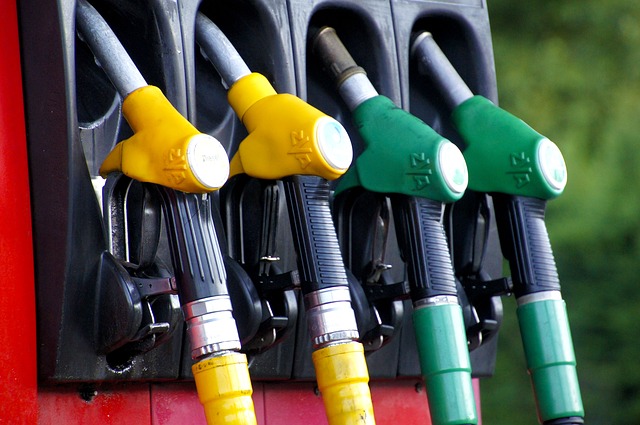BABALA SA SMUGGLERS: Fuel marking program rolls out in March
- February 28, 2019
- 0

The Department of Finance (DOF), Bureau of Customs (BoC), and Bureau of Internal Revenue (BIR) plan to implement in March the fuel marking program to ensure the arrest of “fuel smugglers” and secure correct collections of excise taxes for up to 15.2 billion liters of fuel products sold nationwide.
“For those who are smuggling or thinking of smuggling fuel, please know we will implement the fuel marking program vigorously,” Finance Assistance Secretary Antonio Joselito Lambino II was quoted as saying in an Inquirer report.
Molecular tracers or fuel markers will be injected into petroleum products under the program.
Around 6.8 billion liters of imported petroleum products would be covered by the fuel marking program, BOC Deputy Commissioner Teddy Sandy S. Raval told Inquirer reporters.
BIR chief revenue officer IV Danilo T. Pasilao said that in terms of oil in Petron and Shell’s refineries in Bataan and Batangas, around 8.4 billion liters will be marked.
The inclusion of the implementing rules and regulations (IRR) for the fuel marking system under the Tax Reform for Acceleration and Inclusion (TRAIN) Act is nearing its final stage, Raval said.
DOF director Emee Macabales said the program is ready for full implementation even without the energy department’s fuel marking test results as it was earlier discovered that there was “no recognizable pattern that affects the marker.”
“SICPA has given their own certification for the fuel marker, which met the minimum standards,” Macabales was quoted as saying.
The joint venture of SGS Philippines Inc. and Switzerland-based SICPA SA will handle the fuel marking program in the country through a five-year contract.
The two firms will create and manage the fuel marking system, which will supply and inject fuel markers in all taxable oil products, excluding Jet A-1, Avgas, crude oil and LPG. Included in their responsibilities are the implementation and management of fuel testing program, with fuel analysis and data management nationwide.The contract also requires the two companies to transfer technological knowledge to employees of the BOC and BIR.
Executives from the two companies ensured the imported markers from Switzerland would not be faked as they had a distinct formulation for the country.
Based on DOF’s earlier estimates, around P26.9 billion were lost due to oil smuggling and misdeclaration in 2016, which is almost half of the actual P52.6 billion excise and value-added taxes collected by the BOC and the BIR within that year.
The Manila-based Asian Development Bank computed a higher number of tax revenue loss from oil smuggling, amounting to P37.5 billion. Another commission by the local oil industry estimated a loss of P43.8 billion yearly.